Technical SEO
Don’t lose out on traffic, Falcon Digital SEO experts can ensure your site is working as it should
Technical SEO
Can your users find your site through organic searches?
If not then it is possible that you may have onsite issues impacting and working negatively on your rankings.
Falcon Digital’s technical SEO optimisation offers your website a solid foundation with every component working correctly and efficiently. Dealing with it early avoids issues later in the project and will help search engines find you more readily. It has a massive impact on the ranking results your page can achieve and needs an experienced specialist approach.
Is Technical SEO important?
In a word: Yes! Without it, your SEO results will plummet even if your site is a fully loaded and functional website that offers an excellent user experience. Search engines have different priorities to those of your users and what they rate as valuable evolves regularly. Therefore your site must tick every box for them behind the scenes as well as for your target customers and clients.
The algorithms used by search engines for ranking are finely tuned and complex. They rapidly inspect hundreds of elements across your site to determine which keywords are relevant matches for each search query. Technical SEO optimisation remedies any issues your site has so that search engine bots can crawl through your site without limits.
What does Falcon Digital’s Technical SEO cover?
Technical SEO optimisation is an all-encompassing term that covers numerous different and diverse checks, alterations and functions. All of these areas influence the SEO performance and success of your website so to keep things simple, Falcon covers it all.
Falcon Digital’s technical team will examine each facet of your site from the overall website speed (and how to increase it) right down to the site architecture, URL structures and internal links.
We will also examine site security, subdomains and redirections in addition to anything else that could be holding your site back.
What we SEO
Crawl Optimisation
Examining the crawl speed of your website is an essential step in making sure search engines can scrutinise your entire site swiftly and easily. Ultimately, this makes looking for pertinent information on search queries significantly faster and will prevent them from using up their ‘crawl budget’. This is even more critical should your site have a lot of pages.
Crawl Data Examination
By mimicking the behaviour of any search engine, the first step is to ‘crawl’ your entire website which provides us with an accurate picture of your site and its functionality. Then, using a variety of Webmaster tools, we can analyse the data to understand exactly how search engines will see your site and what errors they will find.
Dynamic User Content
Whilst interactive elements and dynamic user content are terrific additions to any site as they enhance the user experience, they can cause challenges for search engines trying to find information. We make sure the correct indexing protocols are set up using cutting edge web standards to prevent this.
Mobile Device Ranking
Dynamic user content and interactive elements and are perfect additions to any site but they can also cause problems for search engines trying to find information. Falcon Digital will set up accurate indexing protocols using up-to-date web standards to prevent this happening.
Internal Link Structuring
Precise internal link structure is also an essential pathway for search engine crawlers and making sure it works well will benefit you in more ways than one. While it assists bots in finding relevant search content on your site, it also defines your site's ‘hierarchy’ - a way that the flow of link authority is organised across websites.
Server Configuration
Although often overlooked, we also examine your entire server configuration and web-hosting platform to make sure it is error free. Issues here can cause a duplication of your site that may have a negative knock-on effect on your SEO. Falcon will also look into your backlink profiles and the geolocation of your server.
Structured Data
To make it easier for search engines to know what to look for we ensure that the individual elements of your website contain structured data. By using collaborative data vocabularies (such as Schema) developers can incorporate the latest protocols regardless of the encoding used. In turn, this can then activate enhanced listings in SERPs.
Why Get a professional
Technical SEO is an essential component of any website in order to ensure that it is properly optimised for search engine rankings. Using professional knowledge in applying a variety of best practices, such as optimising meta tags and creating a well-structured site hierarchy, we can design your site in a manner that works best for your customers. In addition to this we can build you an effective technical SEO strategy which includes analysing and improving link building, the optimisation of page loading speed, and the utilization of social media. By taking the time to properly analyse and implement a technical SEO strategy, we help businesses ensure that their websites are getting the maximum visibility for people who are most likely to be a customer.
When it comes to successful search engine optimization (SEO), investing resources into content and marketing is a great starting point. However, having a solid technical base is just as important. Ensuring that the fundamentals of SEO are taken care of Falcon Digital will remove any barriers that could be hindering the performance of your content on search engines. Technical SEO is comprised of many essential elements, including optimising page titles and meta descriptions, creating mobile-friendly websites, making an XML sitemap, utilizing header tags and more. It is very important to be aware of how these elements can affect the visibility and performance of your content in search engine results pages to not miss out on your website’s page rank. This is why our industry knowledge can be beneficial in working on these problems that will be most effective for the performance of your website.
FAQs
What is technical SEO?
Technical SEO is a vital part of your overall SEO process and involves making sure that your website is fully optimised to allow search engine bots to crawl your website. If your website is not crawled and scanned, then it will not be indexed properly. The name ‘Technical SEO’ relates to the technical parts - the building blocks - of your website such as the code that makes up your website. Technical SEO optimises these ‘building blocks’ in order to increase the usability and responsiveness of your website.
Technical SEO’s main focus is on making sure that your website is mobile friendly and responsive across a range of different devices. Google announced its plans to make all indexing of websites mobile-first from September 2020. A vital element of improving your technical SEO is making sure that your website responds and displays in the best format on desktop, tablet and on mobile devices.
Other aspects of technical SEO focus on:
1. Improving your site’s speed.
- Offering a secure website for your customers by installing an SSL.
- Generating an XML sitemap to help search engines understand your website when it’s being crawled.
4.Adding structured data mark-up code to help search engines understand the context behind the content on your webpages.
- Making sure that your website is registered with Google Search Console and Bing Webmaster Tools to allow you to manually submit your webpages for indexing.
As an SEO agency, Falcon Digital will help you make sure your website is technically strong and resilient.
How much does site speed affect SEO?
Most people have a short attention span especially when browsing online. A recent survey showed that only half of internet users would spend longer than 15 seconds waiting for a site to load. Many stated that it might discourage them from visiting the site again in the future.
Maintaining site speed is not only vital for developing visitor loyalty, but it is also important for maintaining great SEO. Search engines want to deliver the best results as quickly as possible. Inevitably, slow loading speeds will result in a low time spent on the site and high bounce rates (when users click on your site without visiting any other pages), which cause search engines to rank your site lower in results pages.
Site speed is as important to your SEO strategy as completing keyword research and maintaining a relevant blog. Making sure your website hosting generates the optimum conditions for your site speed is crucial to your success and will improve your overall SEO efforts.
What are meta titles and descriptions?
When using Google have you ever noticed those small paragraphs of text under each result? That is a meta description – and the link above which sits below the URL is called a meta title.
Meta titles and descriptions tell users what the site is about before they open it. They are concise, simple pieces of HTML code found in every web page and act as a small summary or preview.
Meta titles and descriptions are absolutely vital in driving traffic to your site. Users frequently choose whether the page listed is relevant and likely to answer their questions by reading that title and description.
What is an XML sitemap?
An XML file is a sitemap and is basically a list of all of your website’s URLs. It acts as ‘roadmap’ for your website and points search engines such as Google to the most important pages on your website. XML files are very useful for large websites that have archives or a large volume of media-rich content such as videos and images.
Search engines will be able to discover your website and index it If the pages on your website are linked properly regardless of whether or not you have a sitemap. That said, we would still recommend having an XML sitemap as your website will be indexed quicker. This increases the likelihood of your website getting ranked in SERPs.
What is on page SEO?
On page SEO, or on-site SEO, refers to the process of optimising the content that is on your web pages. Making sure that your content is fully optimised for not only your customers but also search engines will contribute to increasing your ranking in search results pages which means more organic traffic driven to your website. On page SEO assists search engines understanding the context behind your content and how relevant it is to search queries.
On page SEO also involves looking at other aspects of your website such as the number of times your keywords are mentioned on each page, and whether your content is broken up with headings. The ease by which your content can be read can impact your on-page SEO score. For example, splitting long passages of text with sub-headings will make it easier for customers to absorb the content they are reading. Scattering keywords or phrases throughout the text confirms to search engines what the web page is about.
Another factor that helps improve your on page SEO is the use of external links. Linking to other pages on the same topic is a further way of letting search engines know what your pages contain. In addition, it also shows that the information on your website is reputable and of good quality. Meta titles and descriptions are shown in SERPs and are what searchers see first. By including your keywords in both your meta title and description you can increase your click-through rate.
Some factors of on page SEO overlap with technical SEO. For example, by making sure your images are sized correctly, you can keep them at a high quality whilst increasing the loading speed of your web pages.
What is structured data?
Structured data is defined data that is searchable, easy to find and evaluate. Including structured data on your webpage allows search engines such as Google categorise and classify your site more easily.
Structured data is often quantitative - it involves numbers and/or other data that can be counted. For example, structured data on a cooking blog would consist of baking times and ingredient amounts.
What is a robots.txt file?
A robots.txt file tells search engines and their associated ‘crawlers’ what URLs the crawler can use to access your website and is used mainly to manage crawler traffic to your site.
What are 404 errors?
404 or HTTP 404 Not Found errors are response status codes that indicate the server cannot find a page or resource. Links that result in a 404 are considered ‘broken’ or ‘dead’.
Whilst not necessarily impacting your SEO, they may cause visitors to your site to close the window or navigate away. As such, it’s best to fix a 404 error as soon as possible by setting up a link redirect to another page.
What is a canonical tag?
A canonical tag tells search engines what page should be displayed in search results. If you have two pages with identical content, adding a canonical tag informs search engines what the master page is and which page is the copy.
Canonical tags are an effective way of telling Google, Bing and other search engines which URLs they should be indexing, and prevent the issues that can arise from duplicate pages.
WHO WE WORK WITH
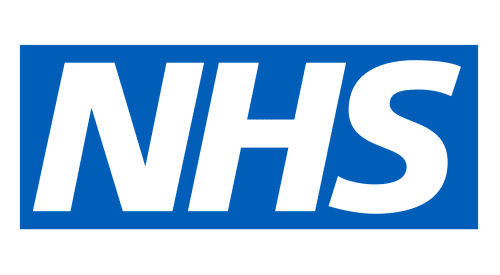


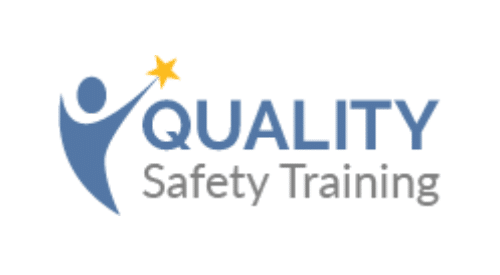
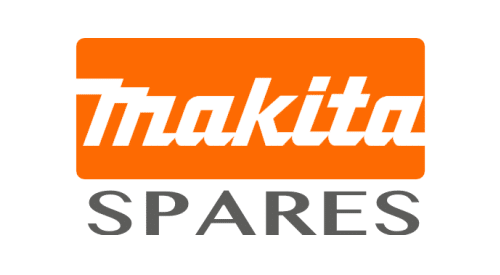

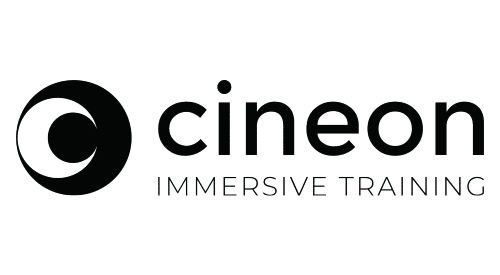
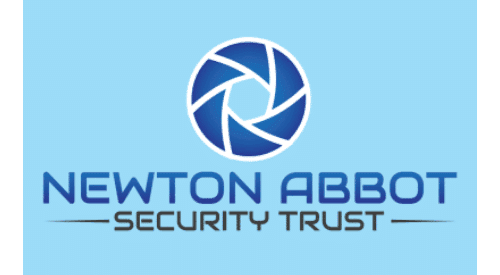

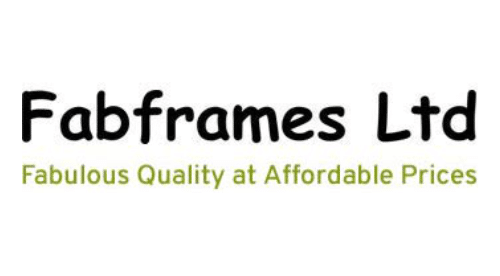




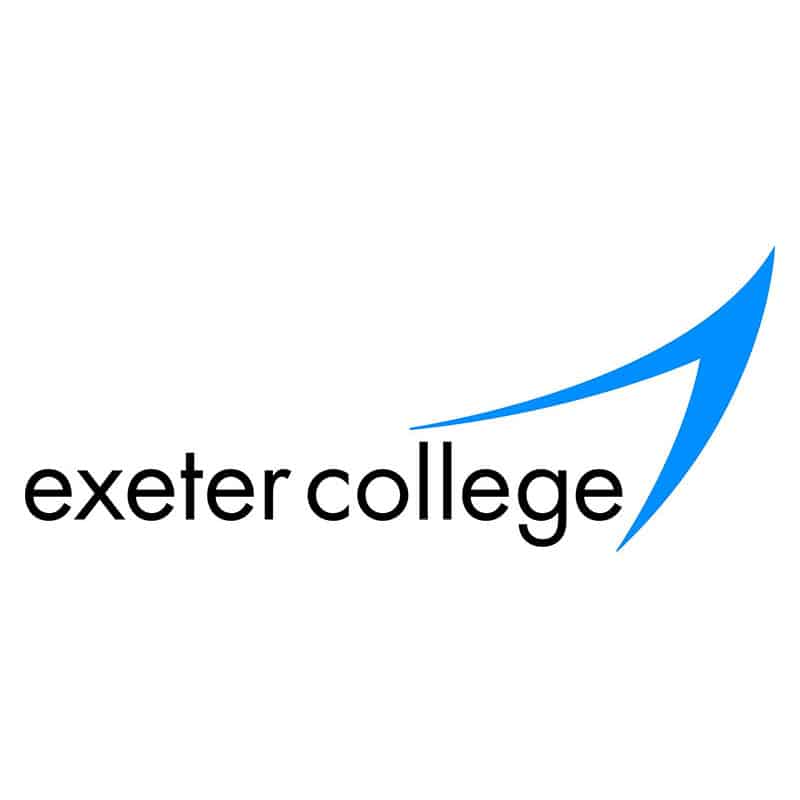



Email [email protected]
Phone 01392 908804
Office Hours
9am - 5pm Mon-Fri
Office Address
Falcon Digital, Office 6, 6 St Paul's Road, Newton Abbot, Devon, TQ12 2HP
Other Services
Company Registration no:
13682575
VAT Registration Number:
GB 437 7229 74
Home
Website Design
GETdigital
Our Work
Food Ordering Systems
Office 365 and email
Custom Website Design
SEO and Digital Marketing
News
Contact Us
SEO Agency Cornwall
SEO in Newton Abbot
SEO for architects
Learning management providers
MDA Website Designers in Newton Abbot
MDA Website Designers in Kingsbridge
Social Media Marketing in Newton Abbot
Website Designers in Newton Abbot
Construction Website
Digital Marketing Agency Devon
Construction Websites
Website Construction

